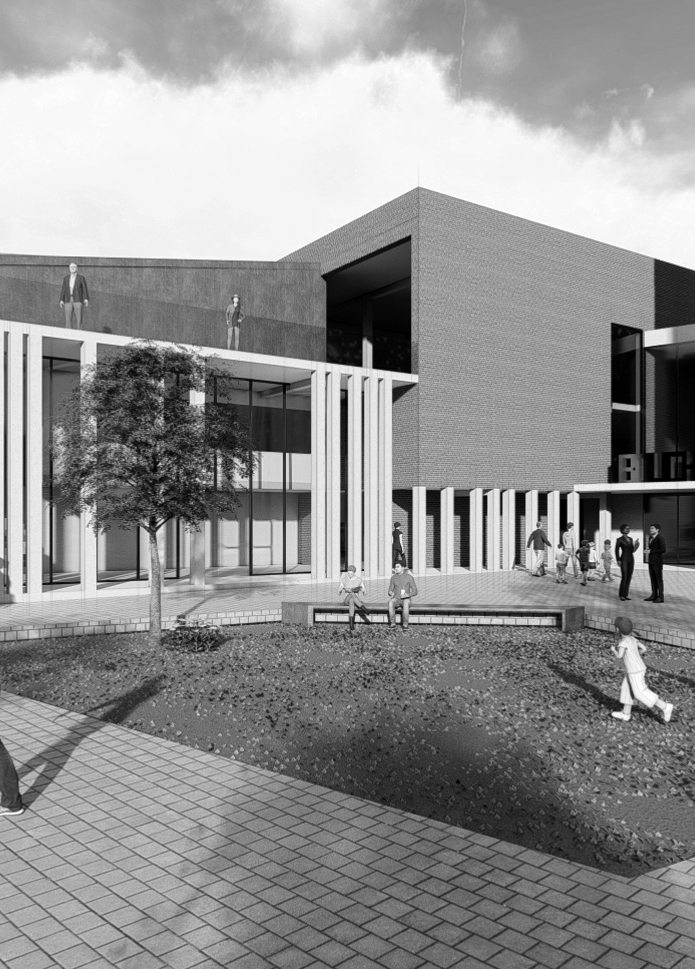
The DE Trans-Form, building with the existing, is concerned with ordinary residential or industrial built heritage, in the context of urban issues specific to medium-sized towns, seaside resorts and harbors, rebuilt towns and rural areas.
The field of study proposes a pedagogy that is concerned with the modes of production of architecture, through the project as a form of work and a form of research. The project necessarily calls on related disciplines that allow the student to approach the design process within the framework of a forward-looking interdisciplinarity in order to develop complex, autonomous thinking.
Objectives
To offer a teaching approach that addresses the ways in which architecture is produced, through the project as a form of work and research.
Tackle the design process as part of a forward-looking interdisciplinary approach to develop complex, independent thinking on the theme of rehabilitating and transforming urban and rural spaces and their built and unbuilt heritage.
3 themed project workshops
Semester 7: Understanding old buildings using the diagnostic method; planning the transformation of an ordinary heritage site
Semester 8: Exploring existing housing as a legacy-support for low-carbon regeneration and rehabilitation
In semester 9: Understand transformation processes and socio-environmental issues through a transcalar approach; access the collaborative dimension of the project.
1 seminar
- Existing buildings, an ecological resource
From S7 to S9, the Transform seminar uses its specific themes to introduce participants to architectural research in all its methodological diversity. The aim is to engage in a process of knowledge production that enables participants to apprehend the existing as a resource, and thus seize the injunctions of the socio-ecological transition as architectural opportunities. In particular, learning the tools and approaches of scientific research is designed to provide the foundations for building a critical posture in project situations.
2 factories
- Analytical approaches to existing built and inhabited environments
. Surveying techniques (measuring/drawing the Existing down to its details)
. Recognition of materials and construction techniques
. Recognition of the ways of living and collection of representations, daily practices and perceptions of the inhabitant/user on issues of comfort, atmosphere and heritage.
- Eco-Transformation